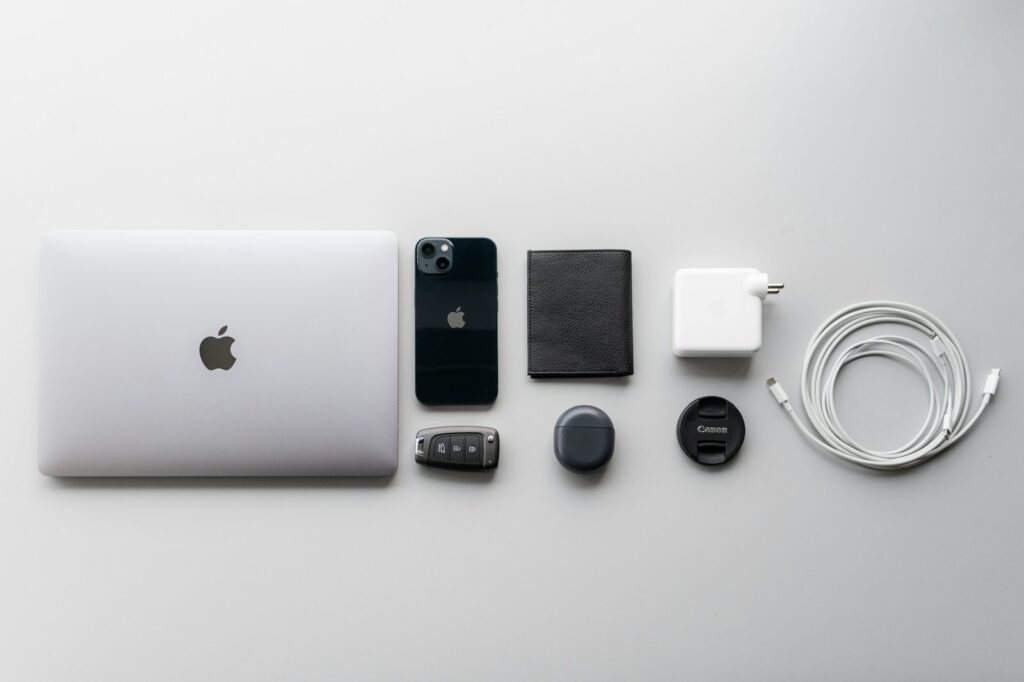Growing up in poverty leaves behind more than just memories; it shapes how people see money, value, and security. Even when financial situations improve later in life, many habits formed during those lean years stick around. The fear of wasting money, the appreciation of hard-earned savings, and the sense of practicality often prevent individuals from indulging in certain luxuries. For many, spending money on things that feel “unnecessary” or “wasteful” can cause guilt, even if they now have the means. Below are eleven common expenses people who grew up poor often avoid, along with the mindset that drives those choices.
1. Brand-Name Clothing

Many people who experienced poverty learn early that function matters more than fashion labels. Growing up, they often wore hand-me-downs, thrift finds, or affordable basics, and this practical habit tends to stick. Even when they can afford high-end brands, the idea of paying triple the price for a logo feels unnecessary. To them, durability and comfort carry more value than prestige. They may invest in quality, but rarely in status symbols. Instead of designer pieces, they still find satisfaction in affordable clothes that get the job done without draining their wallets.
2. Luxury Cars

Expensive cars are one of the first things many people avoid, even when their finances allow it. Growing up poor often means relying on public transportation or old, secondhand cars that need constant repairs. While financial success makes upgrades possible, many still choose modest vehicles because they see cars as tools, not trophies. The idea of pouring money into a depreciating asset feels impractical. For them, reliability, safety, and fuel efficiency are far more important than sleek designs or luxury features. A car that runs well is all they truly need.
3. Frequent Dining Out

People raised in lower-income households often grew up on home-cooked meals, sometimes simple but always resourceful. Eating out at restaurants was seen as a rare treat, not a routine. Even when they can now afford dining out regularly, many stick to cooking at home because it feels natural and cost-effective. The thought of paying heavily for a meal they could make themselves often seems wasteful. They may indulge occasionally, but the habit of preparing meals at home, whether out of thrift, health, or comfort, remains strong well into adulthood.
4. Premium Gadgets and Upgrades

New phones, laptops, or gaming consoles may tempt many, but those who grew up poor often resist the urge. They were used to making old devices last far beyond their intended lifespan, repairing or improvising rather than replacing. This mindset carries forward, making them skeptical about frequent upgrades. Spending on the latest model every year feels unnecessary when the current one still works. While they may splurge on a good-quality device when needed, they usually avoid chasing trends. Function and necessity remain more important than prestige or novelty.
5. Designer Home Décor

Growing up in modest households teaches people to prioritize practicality over aesthetics. They often remember living in small, functional spaces with secondhand furniture and minimal decoration. Even when they can now afford stylish interiors, many hesitate to spend on costly home décor items. Expensive rugs, decorative art pieces, or designer furniture feel unnecessary compared to durable and functional alternatives. They may invest in comfort, but they rarely overindulge in vanity purchases. Instead, they prefer making their homes warm and livable without unnecessary extravagance that feels like wasted money.
6. Costly Gym Memberships

People who grew up poor often learned to stay active without spending on formal fitness facilities. Exercise came from daily routines, walking long distances, doing physical chores, or finding creative ways to stay fit. Because of this, pricey gym memberships can feel wasteful even if they now earn enough. Many prefer jogging outdoors, using bodyweight exercises, or finding budget-friendly alternatives. The idea of paying monthly fees for something they can do freely often feels wrong. For them, health and fitness don’t need to be tied to luxury or cost.
7. Extravagant Vacations

Luxury vacations may appeal to many, but those raised in poverty often struggle to justify the expense. Travel in their childhood, if any, was simple road trips, visits to relatives, or free local outings. Even when money is no longer a concern, paying heavily for resorts or first-class flights feels unnecessary. They may still travel, but often choose budget-friendly trips, practical accommodations, or destinations that focus on experiences over luxury. For them, the value lies in creating memories, not in spending extravagantly. Simplicity feels just as fulfilling as indulgence.
8. Expensive Jewellery and Accessories

Jewelry, handbags, or watches that cost thousands often seem excessive to people who once struggled with basic expenses. Growing up poor instilled the belief that money should go toward security and necessities, not flashy extras. Even when financially stable, they may still opt for modest or functional accessories. Expensive jewelry feels less like a treasure and more like an unnecessary risk, both financially and practically. They value sentimental pieces or durable items but avoid purchasing them as status symbols. In their eyes, lasting stability outweighs fleeting luxury.
9. Subscription Overload

Streaming platforms, apps, and memberships have become modern money drains. People who grew up poor are especially cautious about piling up recurring expenses. They tend to evaluate every subscription carefully, often choosing just one or two instead of juggling many. The idea of money silently leaving their account monthly feels unsettling, especially when the value is unclear. Even when they can afford it, they prefer free alternatives or shared accounts. To them, it’s not about deprivation but about avoiding invisible spending habits that pile up unnecessarily.
10. Pricey Coffee and Daily Indulgences

Buying gourmet coffee or daily takeout snacks is a habit many financially comfortable people indulge in, but those raised poor often avoid it. Growing up, they learned to stretch every dollar and see such purchases as luxuries rather than needs. Even if they now earn enough, spending daily on coffee feels excessive when a homemade version costs a fraction. These habits, once born out of necessity, often transform into conscious choices later. They see value in savings, and the ritual of making their own feels both familiar and grounding.
11. Lavish Celebrations and Events

Grand birthday parties, weddings, or other celebrations often come with huge expenses. People who grew up poor may see such spending as unnecessary or even irresponsible, no matter how much money they now have. Their upbringing taught them that love and joy don’t depend on lavish displays but on togetherness. As a result, they may prefer simple, meaningful gatherings over extravagant events. Even when pressured by social norms, they often lean toward practicality. For them, modesty isn’t about limitation; it’s about valuing memories and relationships over showmanship.
Comments